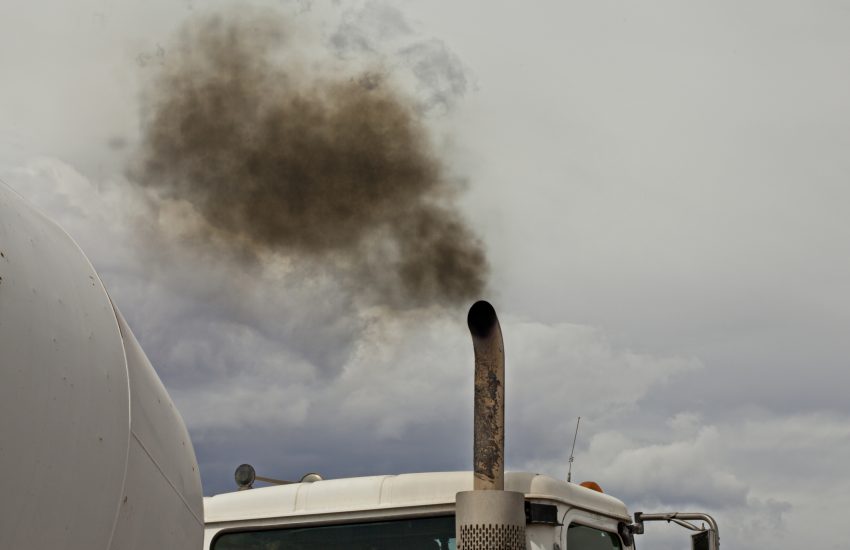The last time the EPA tightened standards for truck emissions like this, the century was barely a year old and Bill Clinton was still President; in December of 2000 the EPA issued rules dramatically limiting particulate matter (PM) emissions and Nitric Oxide (NOx) on heavy duty trucks to go into effect for 2007-2010. PM has been shown to cause eye, nose, lung, and throat irritation, as well as exacerbating existing breathing problems. NOx, has similarly been linked to chronically-reduced lung function and increased risk of cancer in humans and long-term damage to surrounding ecosystems.
Now, a generation later, the Biden Administration is seeking to leave its mark by imposing new restrictions as part of its “Clean Trucks Plan,” to go into effect for model year 2027, which would reduce Nitrogen Dioxide by up to 90% by 2013 and NOx emissions by up to 60 percent by 2045. The EPA estimates the benefits of these new proposals would, by 2045, yield up to 78,000 fewer lost days from work, 18,000 fewer cases of childhood-onset asthma, and 2,100 fewer premature deaths.
“Seventy-two million people are estimated to live near truck freight routes in America, and they are more likely to be people of color and those with lower incomes,” said EPA administrator Michael S. Regan. “These overburdened communities are directly exposed to pollution that causes respiratory and cardiovascular problems, among other serious and costly health effects. These new standards will drastically cut dangerous pollution by harnessing recent advancements in vehicle technologies from across the trucking industry as it advances toward a zero-emissions transportation future.”
The initiative is not without its detractors; director of federal affairs for the Owner-Operator Independent Drivers Association, Jay Grimes, responded to the announcement with concern that the new restrictions, and the costs associated with compliance, would hit small truckers the hardest. Small truckers, Grimes points out, comprise up to 90% of the trucking industry.
Even some environmentalists see this as something of missing the mark, arguing that reducing emissions is good, but the only meaningful way to combat the metastasizing global climate issue is full electrification of trucking.

